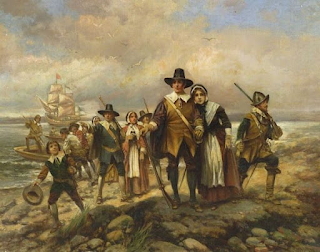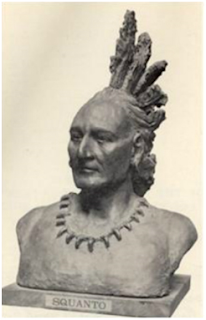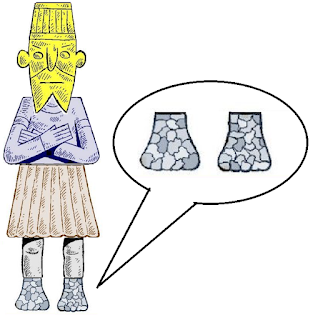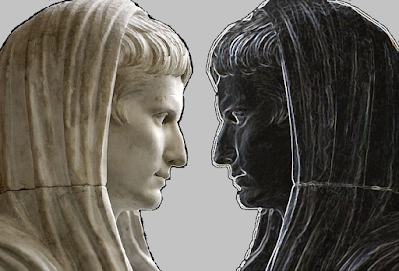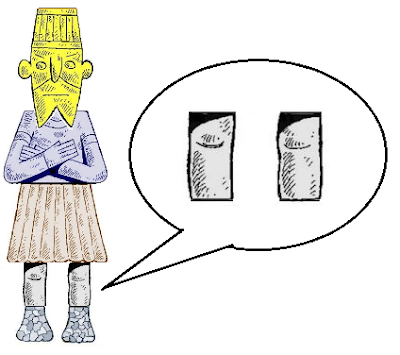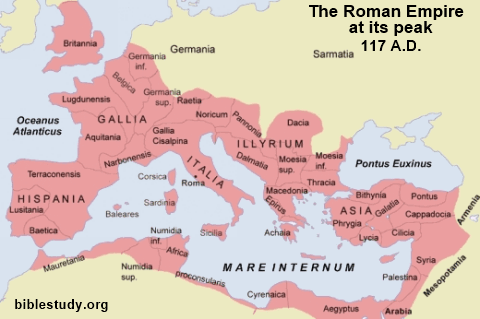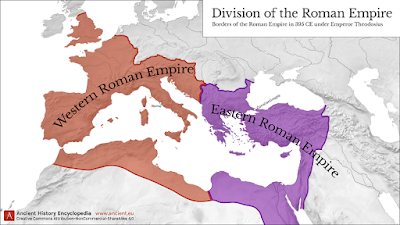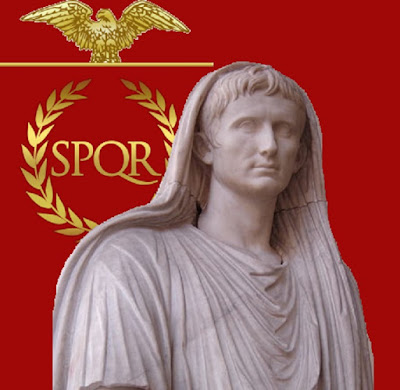Thanksgiving Notes
(Pastor Terry Reese, Valley GBC of
Armagh; 11/22/20)
The Pilgrim Fathers
The Pilgrims were a local congregation of Separatists (i.e., Believers who
separated themselves from the state-Church to form independent churches) who
met at Scrooby Manor in England under the pastorate of John Robinson.
Persecuted by King James I, they fled to Leyden, Holland, in 1609. Finding
conditions in Holland to be both unfavorable to the advancement of the Gospel
and destructive to family life, a portion of these émigrés crossed the Atlantic
in the Mayflower, landing at
Plymouth, Mass. on Nov. 11, 1620 after a turbulent 65-day journey. In America,
their pastor was William Brewster, whose sermons occupied 90 minutes of the
four hour worship time. The first great winter (1620-21) saw half of their
numbers depleted, with death visiting almost every home. Yet, Gov. Bradford
declared a day of Praise & Thanksgiving in Oct., 1621, inviting Chief
Massasoit & his braves to share in the first Thanksgiving.
The Miracle of Squanto
God’s wondrous care for His people was seen in His preparation of the man Squanto for his ministry of aid to the Pilgrims in regard to those temporal needs that were essential to their basic survival (agriculture, fishing, trapping, etc.). But Squanto was no ordinary Indian! Speaking perfect English and familiar with the basics of the Faith even before he met the Pilgrims, Squanto was of the fierce Patuxet tribe, whose lands had once been where the Pilgrims would established their own colony. Captured by sailors and taken to England in 1605, he came back to America after nine years with Capt. Smith of Virginia—only to be re-captured by a slaver, Capt. Hunt, who took him to a trading post in Spain. There, he was rescued from slavery by friars, who introduced him to Christianity. Ending up attached to a wealthy Englishman, he returned to Plymouth in 1619—only to find that his entire tribe had been wiped-out by a mysterious disease! Devastated, his ministry unto the Pilgrims, whom he “adopted,” gave him renewed purpose in life. Consider: four years prior to the Pilgrims coming, God had removed this fierce tribe, whose land was prepared for the Pilgrims, and He had further designed all of the strange twists & turns of Sqanto’s life, that this man might be a specially designed instrument of service unto God’s People!
But WHY did they come?
These words from the Mayflower Compact (1620) state the Pilgrim Fathers’ intentions
and purpose in coming to America:
“…for the glory of God,
and advancement of the Christian faith…”
Lincoln’s Lessons in
Theology
It was Abraham Lincoln who began the tradition of the modern November observance, which has ever since been defined by an official annual White House Proclamation. In his Thanksgiving Proclamation of 1863, Lincoln called upon the Nation to engage in “…humble penitence for our national perverseness and disobedience…” This language is highly reminiscent of his earlier proclamation of that same year calling for a day of “National prayer and humiliation.” In that document, he states:
“And,
insomuch as we know that, by His divine law, nations like individuals are
subjected to punishments and chastisements in this world, may we not justly
fear that the awful calamity of civil war, which now desolates the land, may be
but a punishment, inflicted upon us, for our presumptuous sins, to the
needful end of our national reformation as a whole People? We have been the
recipients of the choicest bounties of Heaven. We have been preserved, these
many years, in peace and prosperity. We have grown in numbers, wealth and
power, as no other nation has ever grown. But we have forgotten God. We
have forgotten the gracious hand which preserved us in peace, and multiplied
and enriched and strengthened us; and we have vainly imagined, in the
deceitfulness of our hearts, that all these blessings were produced by some
superior wisdom and virtue of our own. Intoxicated with unbroken success, we
have become too self-sufficient to feel the necessity of redeeming and preserving
grace, too proud to pray to the God that made us! It behooves us then,
to humble ourselves before the offended Power, to confess our national sins,
and to pray for clemency and forgiveness.”
A.
Lincoln, 1863
Note: If this was Mr.
Lincoln’s message unto the generation, one can only wonder…what would he say unto
us—the “entitlement” generation?
Small Beginnings: “One
Small Candle…”
“Thus out of small beginnings greater things have been produced by His hand that made all things of nothing, and gives being to all things that are; and, as one small candle may light a thousand, so the light here kindled hath shone unto many...”
―Gov. William Bradford of Plymouth
